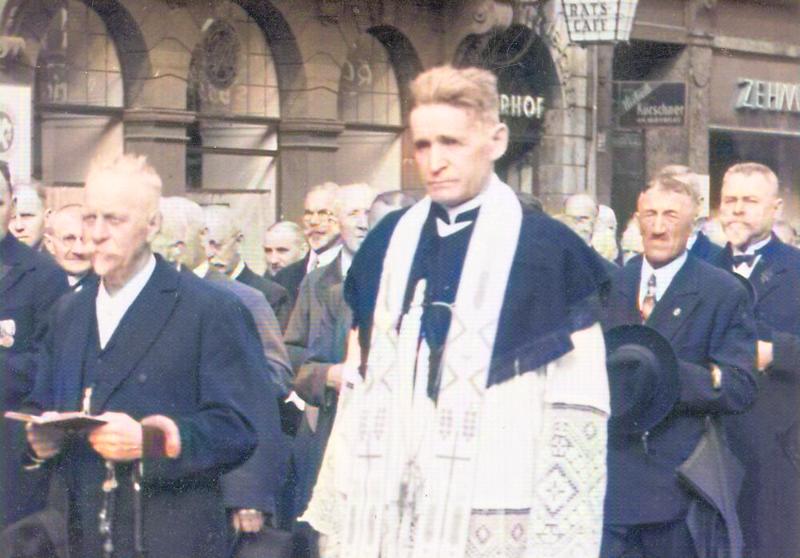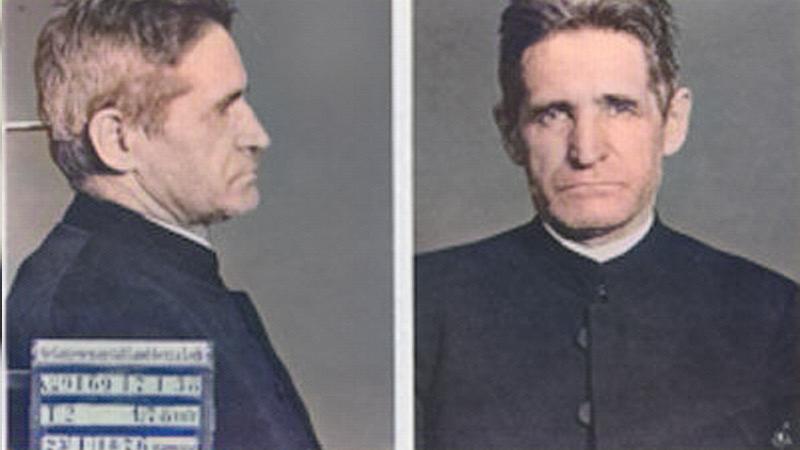Blessed Rupert Mayer SJ: A Beacon of Faith and Conviction
Blessed Rupert Mayer, a German Jesuit priest, displayed extraordinary courage, faith, and love for humanity. His legacy stands as a call to Christians today to live out their faith boldly, even in the face of oppression and challenges. Rooted deeply in the Jesuit principles inspired by St. Ignatius’ Spiritual Exercises, Mayer’s life resonates deeply with Jesuit and Catholic teachings. His unwavering stance against the evils of the Nazi regime offers invaluable insights into the nature of Christian discipleship.
A Life of Apostolic Zeal
The Constitution of the Society of Jesus emphasizes apostolic availability and the readiness to serve anywhere in the vineyard of Christ. Mayer embodied this spirit by devoting his life to the citizens of Munich, particularly those marginalized. His outreach extended to migrants arriving in the city, for whom he organized resources, housing, and employment support. This commitment to serving others reflects St. Ignatius’ Principle and Foundation, calling us to use all created things to serve and glorify God, reminding us that all the things on the face of the earth are gifts to be used for this end. Mayer’s service is also a testament to the Gospel values of love and compassion, echoing the teachings of St. Paul, who urges us to bear one another’s burdens, and so fulfill the law of Christ (Galatians 6:2). Mayer’s work among the suffering, especially after World War I, is a profound witness to this Christian and Jesuit commitment to solidarity with the poor and the marginalized.
Courage in the Face of Oppression
Mayer’s opposition to the Nazi regime is one of the most inspiring aspects of his legacy. He discerned the danger of Hitler’s propaganda early on and saw that as a Christian, he could not support the National Socialist agenda. The Spiritual Exercises teaches us about the discernment of spirits, encouraging us to discern between what leads to God and what leads away from God. Mayer’s discernment of God’s will, helped him to take a firm stand against the oppressive ideology in Nazi regime, to the point of risking his freedom and life. This courage finds a parallel with St. Paul’s inspirations that we should not be conformed to this world, but be transformed by the renewal of our mind. Mayer’s life and and spiritual practices also exemplifies our Jesuit vow of obedience to Christ’s teachings to love others as He loved us.
Faithful to the End

Even when Mayer was imprisoned and sent to the concentration camp, he maintained his faith, demonstrating a profound inner strength drawn from his relationship with God. The Spiritual Exercises’ Contemplation to Attain the Love of God urges us to seek and find God in all things, even in suffering. Mayer’s endurance under oppression teaches us that true discipleship requires a willingness to suffer for the sake of truth and justice. In his later years, after being liberated by American soldiers, Mayer resumed his ministry in Munich despite failing health. He died while celebrating Mass, a testament to his lifelong commitment to his vocation. His life and death in the presence of the Lord reminds us of St. Paul’s words, not only to live and die in the Lord but to also to fight a good fight, to finish the race, and to keep the faith (2 Timothy 4:7).
A Model for Modern Christians
Blessed Rupert Mayer’s life remains a powerful inspiration to all of us today. His dedication to the marginalized, courage to confront evil, and unwavering faith in the face of adversity exemplify the Ignatian spirit of “finding God in all things” and the Jesuit ideal of serving with “a heart large enough for the whole world” (Constitutions, Part I). Mayer calls each of us to live out our faith with authenticity, discernment, and a deep love for humanity, showing us that true Christian discipleship is rooted in love, justice, and an uncompromising commitment to truth.
